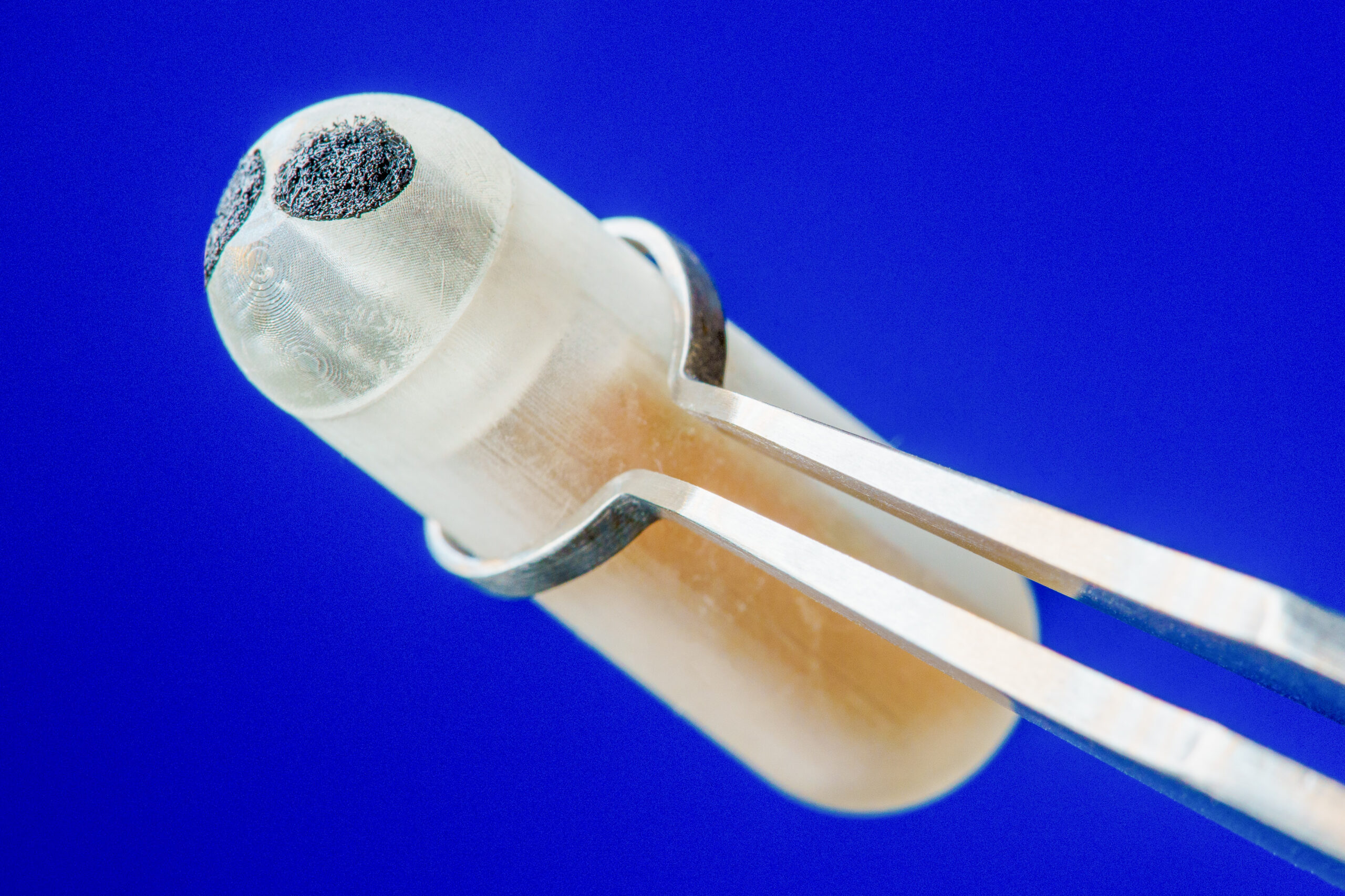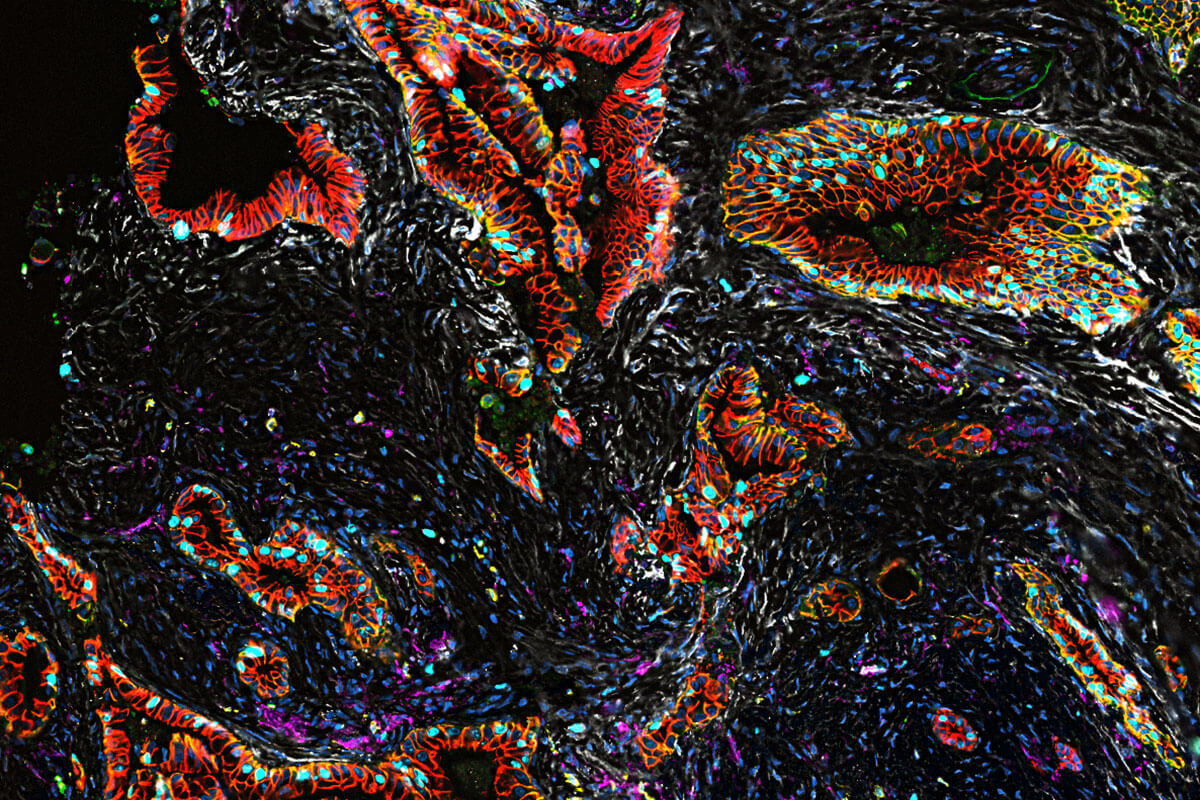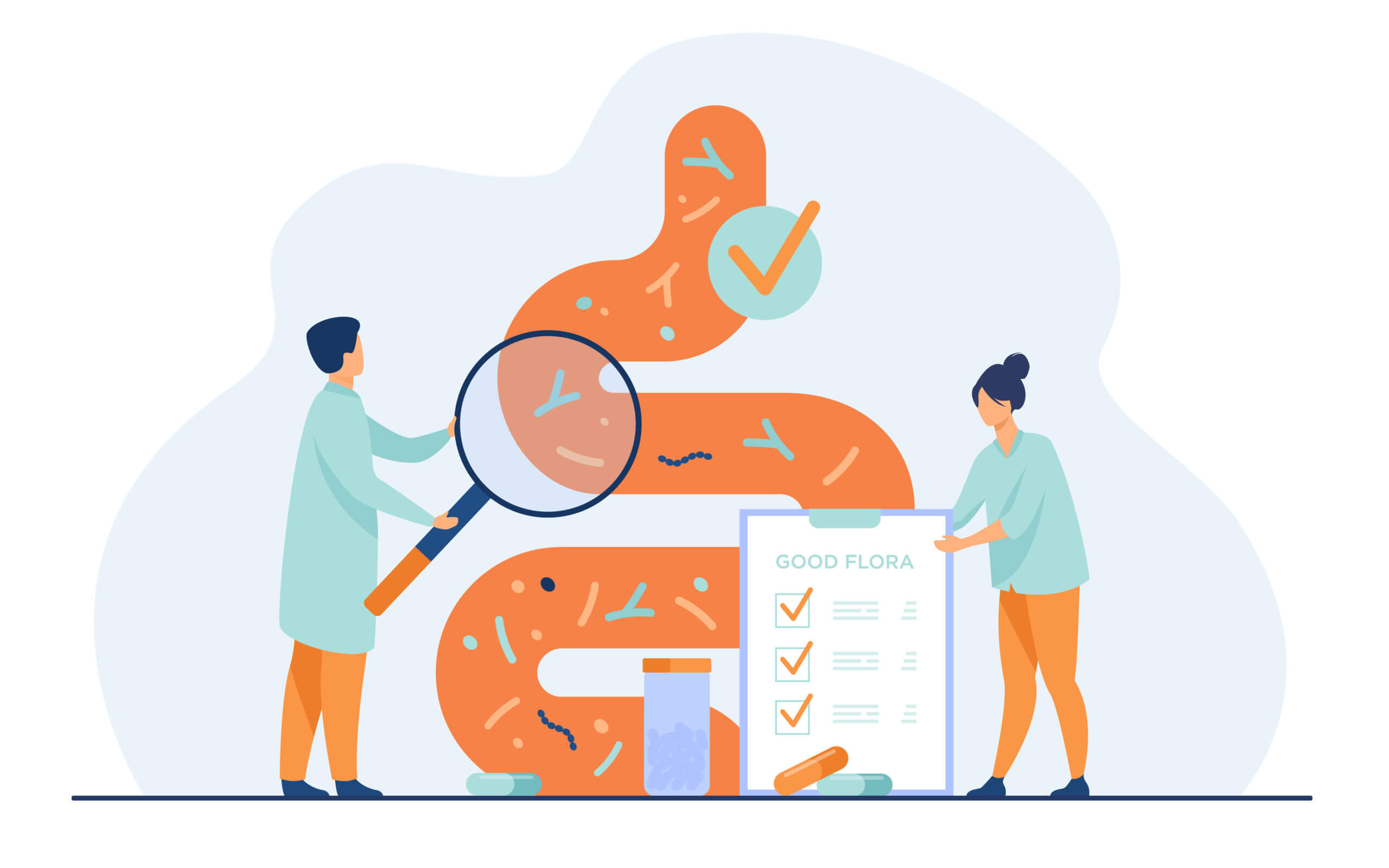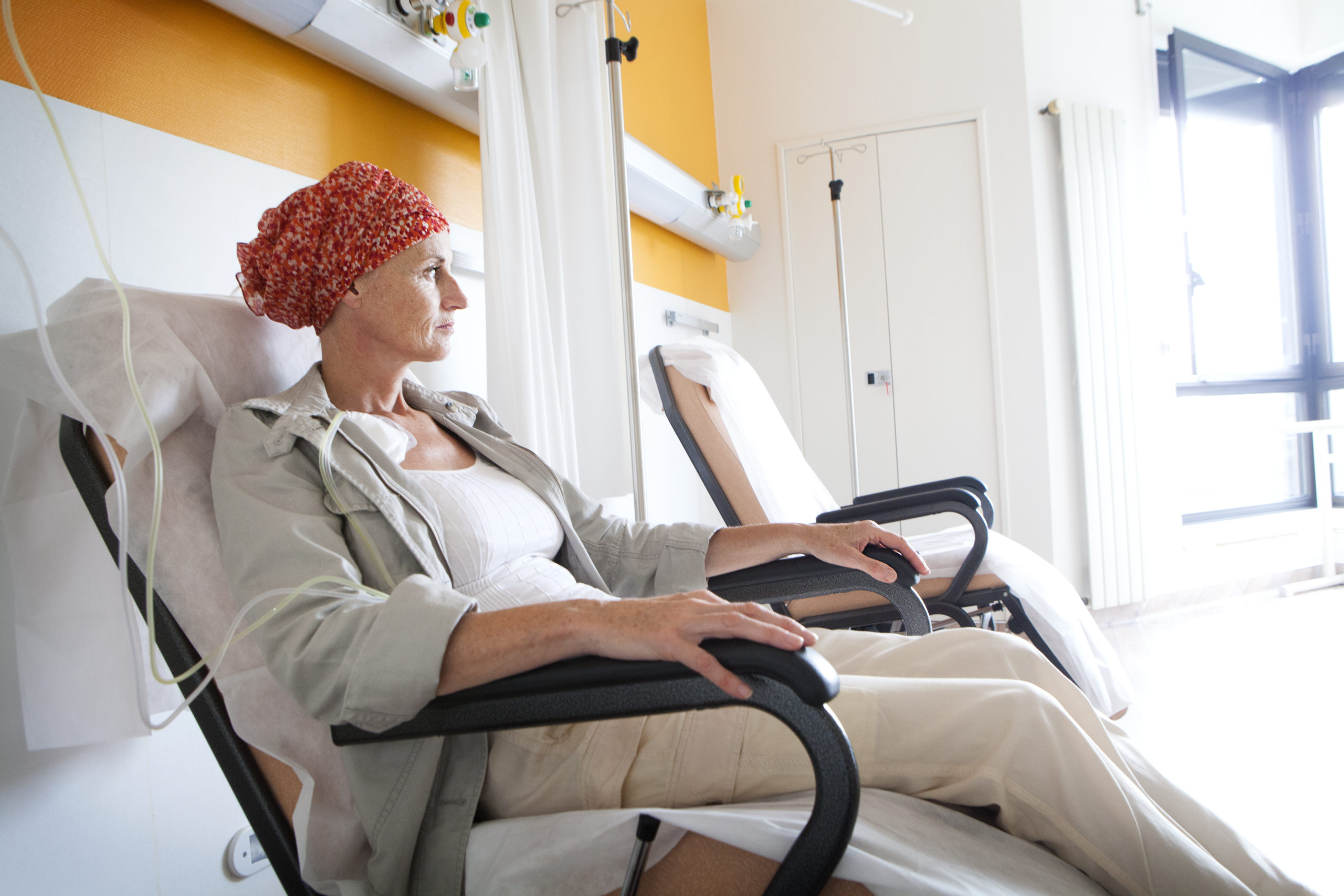Immunity Boost from a Pill: Yeast-Based Therapy Shows Promise Against Tumors
In a startling development that could redefine cancer treatment, scientists have successfully engineered a common probiotic yeast to act as a miniature drug delivery system, shrinking hard-to-reach intestinal tumors in mice. This groundbreaking work, out of Washington University School of Medicine in St. Louis, offers a glimmer of hope for a less invasive, oral treatment … Read more









